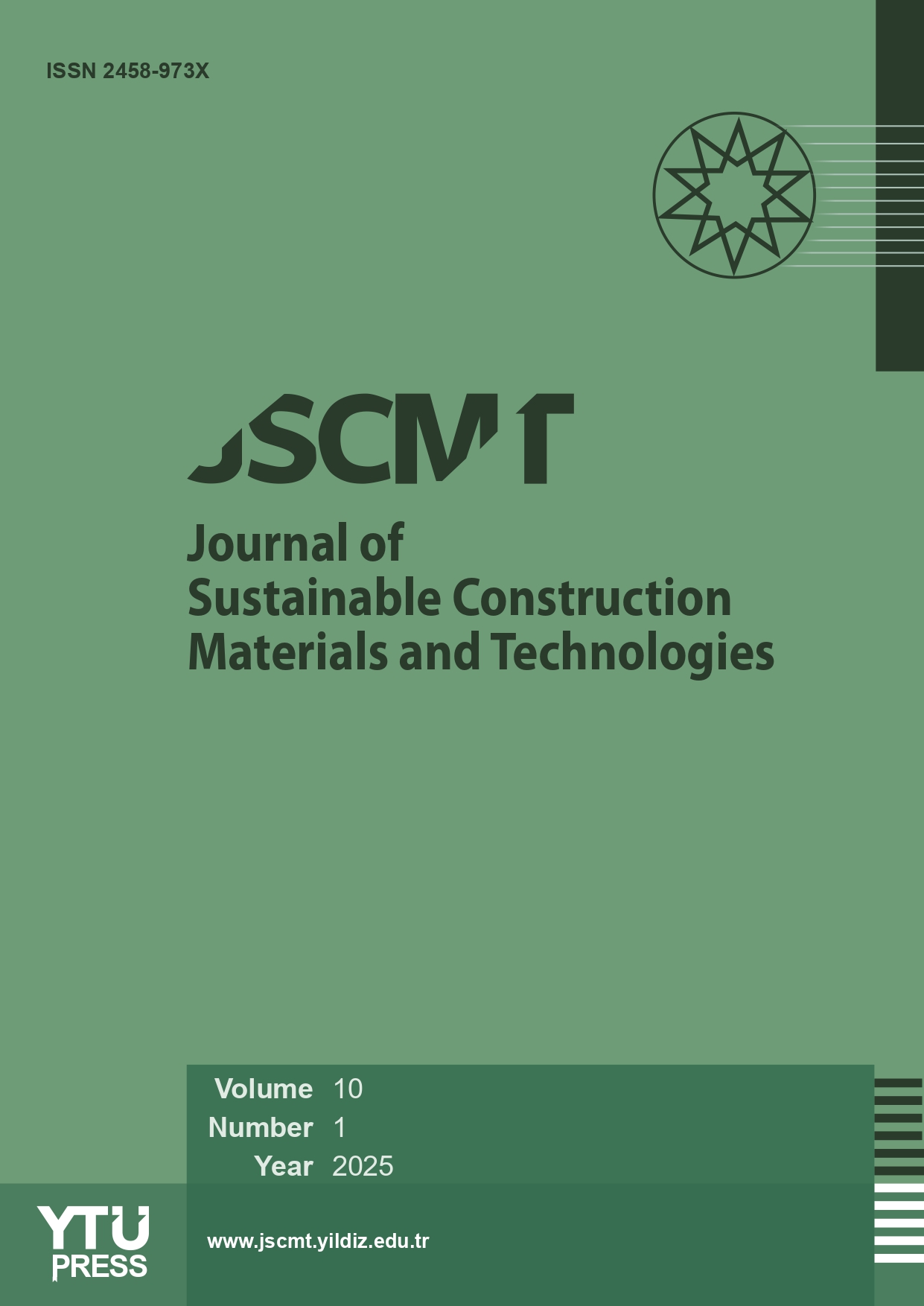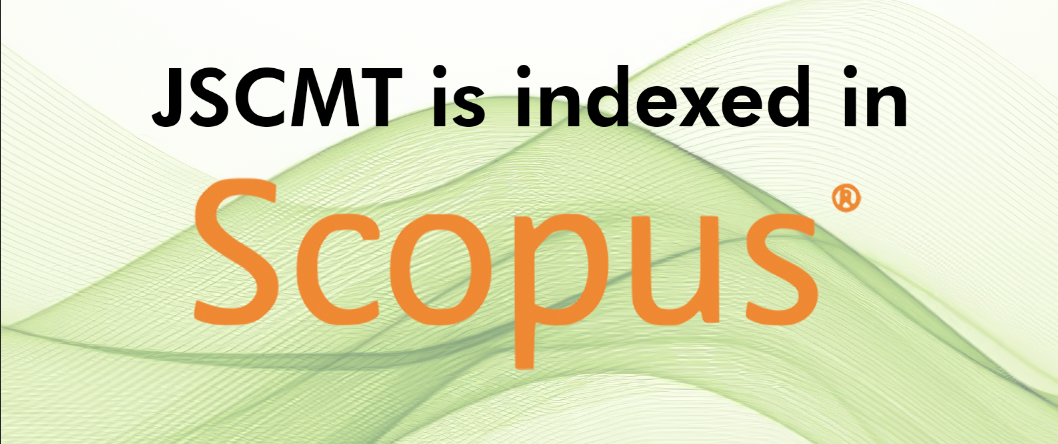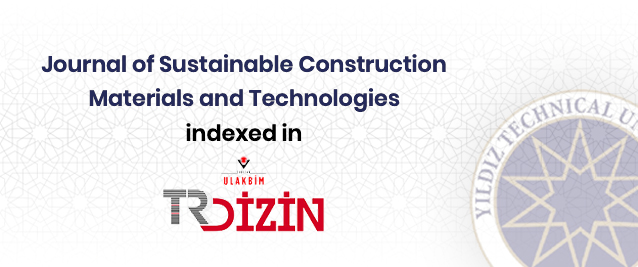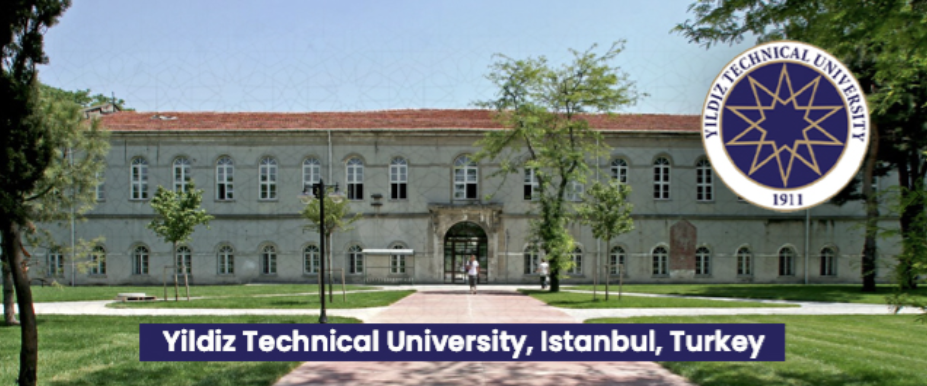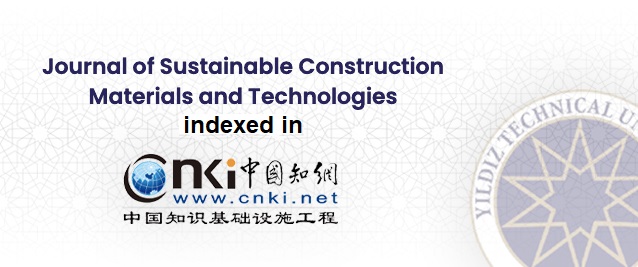Abstract
Brick is one of the most used building materials in masonry construction. Conventionally burnt clay bricks are used. These bricks are manufactured from clay and burnt in a kiln at a higher temperature. This results in a very high amount of CO2 emission and has high embodied energy, which highly affects the environment. Compressed bricks are one of the sustainable solutions to overcome these issues of high CO2 emission and embodied energy. Adopting sustainable alternatives, such as compressed bricks incorporating supplementary cementitious materials or environmentally friendly brick manufacturing processes, can help mitigate these issues and promote more sustainable construction practices. In this study, attempts have been made to manufacture and test the bricks with different proportions of the soil, i.e., the mix of locally available soil with sand, cement as the cementitious materials, and SCMs like fly ash & GGBS. The research methodology involves the formulation of different mixtures with varying proportions of SCMs. The specimens were then prepared using a compression molding technique and cured under controlled conditions. This research paper aims to investigate the effects of incorporating supplementary cementitious materials (SCMs) on the properties of compressed bricks. The study focuses on evaluating the density, compressive strength, water absorption, and efflorescence, as well as calculating the embodied energy and carbon dioxide emissions associated with the production of these bricks. Furthermore, the paper comprehensively analyzes the embodied energy and CO2 emissions associated with producing compressed bricks. These calculations consider the energy consumed and CO2 emitted in manufacturing, including raw material extraction, transportation, and brick fabrication. The study's results demonstrate the influence of SCMs on the properties of the compressed bricks. The analysis of embodied energy and CO2 emissions provided valuable insights into the environmental sustainability of the brick production process.


